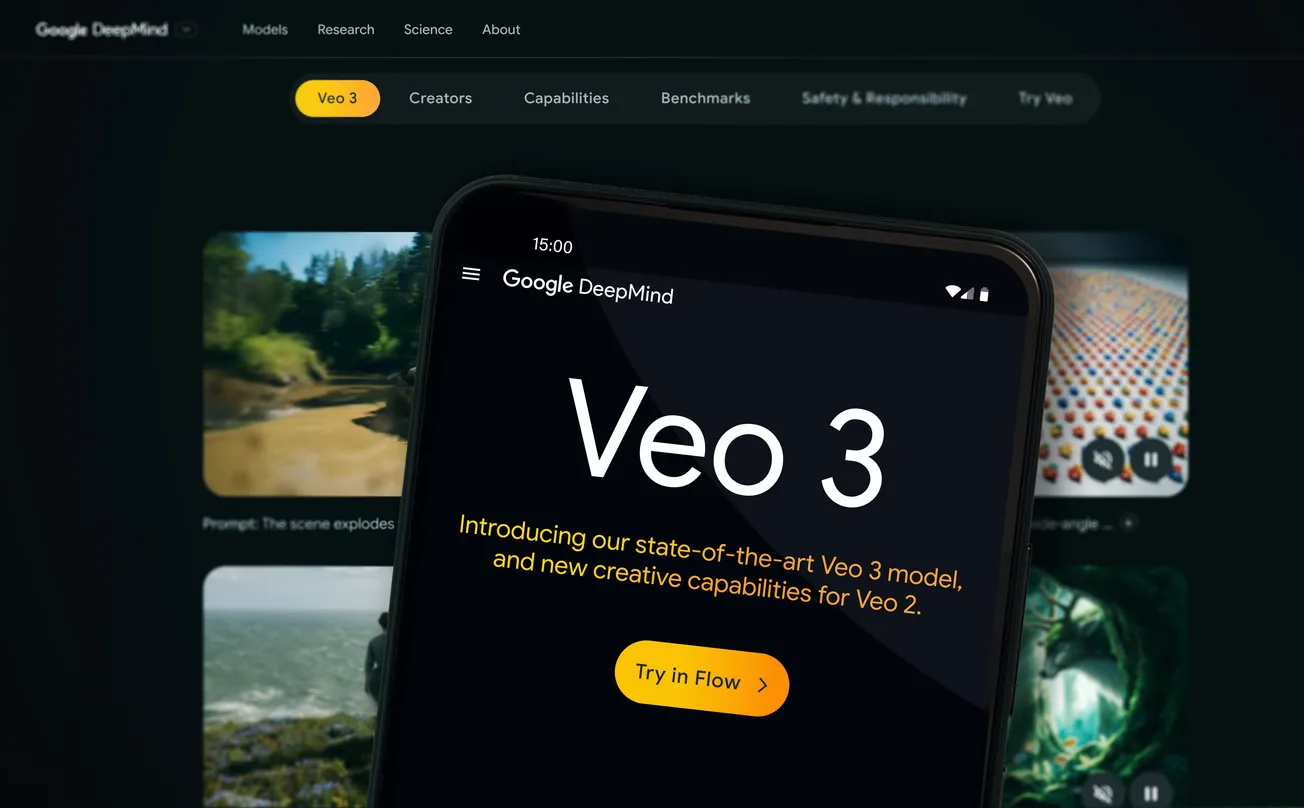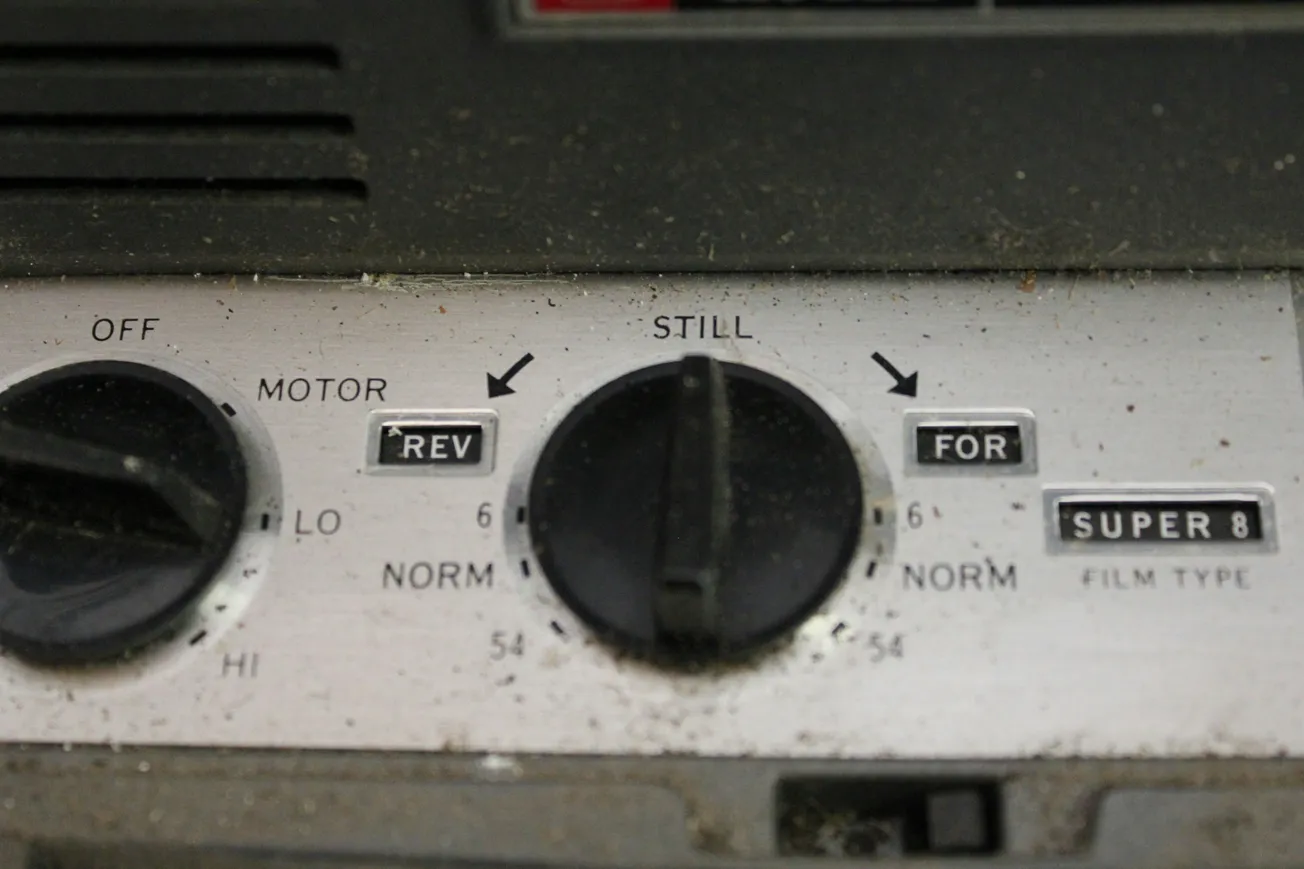Google has unveiled Veo 3, its most advanced AI video-generation model yet. Built on DeepMind technology and now available via Vertex AI, Veo 3 is transforming content creation by effortlessly turning text or image prompts into high-quality videos complete with native audio, lifelike motion and cinematic polish.
What Sets Veo 3 Apart?
Fully Synchronized Audio and Visuals
Veo 3 automatically generates dialogue, ambient noise, sound effects and music, which are all perfectly aligned with the visuals. No audio editing required.
Cinematic-Style Output
Stunning realism shines through in its visuals: smooth camera movements, natural lighting and high-definition resolution make each clip feel professionally shot.
Two Modes: Quality vs. Speed
Veo 3 delivers polished, high-quality 1080p videos that are perfect for professional storytelling. Veo 3 Fast – the cheaper alternative – favors speed, ideal for ad demos, urgent marketing videos and rapid prototyping.
Real-World Uses Show It Works
Commercial Breakthroughs
Filmmaker PJ Accetturo used Veo 3 to launch his AI film studio, creating a parody commercial that reached 18 million viewers in just 48 hours, produced for a fraction of traditional costs.
Powered by Top Brands
Companies like Canva, eToro, BarkleyOKRP, Razorfish and Synthesia are already leveraging Veo 3 on Vertex AI to scale marketing and localization workflows with cinematic quality.
Essays on Ethical Use
While Veo 3’s realism is a creative asset, it raises ethical concerns. Reports warn of potential misuse like fabricating news scenes or deepfakes with safeguards still falling short. Google has embedded watermarking (SynthID) and content filters, but some critics urge stronger regulations to prevent misuse.









